Description
Epoxy Resins: The Versatile Workhorse of Modern Manufacturing and Beyond
Epoxy resins, a class of reactive polymers, have become indispensable materials across a vast spectrum of industries. Their exceptional adhesive properties, chemical resistance, durability, and versatility have propelled them from niche applications to foundational components in everything from coatings and electronics to aerospace and construction. Understanding the nature, properties, and applications of epoxy resins is key to appreciating their impact on modern technology and manufacturing.
What are Epoxy Resins?
At their core, epoxy resins are thermosetting polymers. This means they undergo irreversible chemical changes when cured or hardened. Typically, an epoxy resin consists of two components: the epoxy resin itself, which contains reactive epoxide groups, and a hardener, also known as a curing agent. When these components are mixed, a chemical reaction called “curing” or “cross-linking” occurs. This process forms a strong, three-dimensional network that transforms the liquid resin into a solid, rigid material.
The precise properties of the final cured epoxy depend heavily on the specific combination of resin and hardener used. This allows for a wide range of performance characteristics, including:
- High Adhesion: Epoxies excel at bonding to a variety of materials, including metals, wood, glass, ceramics, and plastics.
- Chemical Resistance: They are resistant to attack by many chemicals, solvents, and acids.
- Electrical Insulation: Most epoxies are excellent electrical insulators, making them ideal for electronics applications.
- Mechanical Strength: Cured epoxies exhibit high tensile strength, compressive strength, and flexural strength.
- Dimensional Stability: They resist shrinking and warping, even under changing temperatures and humidity.
- Durability: Epoxies are resistant to degradation from sunlight, weather, and other environmental factors.
Key Applications Across Diverse Industries:
The unique combination of properties has made epoxy resins integral in a wide array of applications:
- Coatings and Adhesives: One of the most widespread uses of epoxies is in coatings, paints, and adhesives. They provide durable, protective layers for surfaces, bonding materials together with exceptional strength. Examples include floor coatings, marine coatings, and structural adhesives for aircraft and automobiles.
- Electronics: Epoxies are crucial in the electronics industry for encapsulating sensitive electronic components, providing insulation, and protecting against moisture and physical damage. They are used in printed circuit boards (PCBs), semiconductor packaging, and adhesives for surface mount devices.
- Composites: Epoxies serve as the matrix material in composite materials like fiberglass and carbon fiber. They bind the reinforcement fibers together, providing structural integrity and transferring loads. This makes epoxy composites essential in aerospace, automotive, sporting goods, and construction industries.
- Construction: Epoxy resins are used in concrete repair, crack injection, and as coatings to protect concrete structures from corrosion and chemical attack. They also serve as bonding agents for new concrete to old concrete.
- Aerospace: The lightweight strength and high-temperature resistance of epoxy composites make them ideal for aircraft components, including wings, fuselages, and interior structures.
- Marine: Epoxy resins are used extensively in boat building and repair due to their excellent water resistance, adhesive properties, and ability to withstand marine environments.
- Tooling and Molding: Epoxies are used to create molds and tooling for various manufacturing processes, providing dimensional stability and resistance to high temperatures and chemicals.
Advantages and Considerations:
While epoxy resins offer numerous advantages, it’s crucial to consider potential drawbacks:
- Curing Time: Curing times can vary depending on the specific resin and hardener used, and environmental factors like temperature.
- Sensitivity to Moisture: Some epoxies are sensitive to moisture during curing, which can affect their properties.
- Brittleness: Some formulations can be brittle, requiring the addition of modifiers to improve their toughness.
- Health and Safety: Handling epoxy resins and hardeners requires proper safety precautions, including ventilation and protective equipment. Some individuals may experience skin irritation or allergic reactions.
The Future of Epoxy Resins:
Ongoing research and development are continuously expanding the capabilities of epoxy resins. Current areas of focus include:
- Bio-based Epoxies: Developing epoxy resins from renewable resources, reducing reliance on petroleum-based materials.
- High-Performance Epoxies: Creating epoxies with enhanced thermal stability, chemical resistance, and mechanical properties for demanding applications.
- Self-Healing Epoxies: Incorporating self-healing capabilities into epoxy materials, extending their lifespan and reducing maintenance costs.
- Faster Curing Systems: Developing faster curing systems to improve manufacturing efficiency.
Conclusion:
Epoxy resins have revolutionized various industries with their remarkable properties and versatility. From protecting electronic components to creating lightweight aircraft structures, their contributions are undeniable. As research continues to unlock their full potential, epoxy resins will undoubtedly remain a crucial material in shaping the future of manufacturing, technology, and beyond. Understanding their properties, applications, and limitations is crucial for anyone working with or relying on these vital materials.

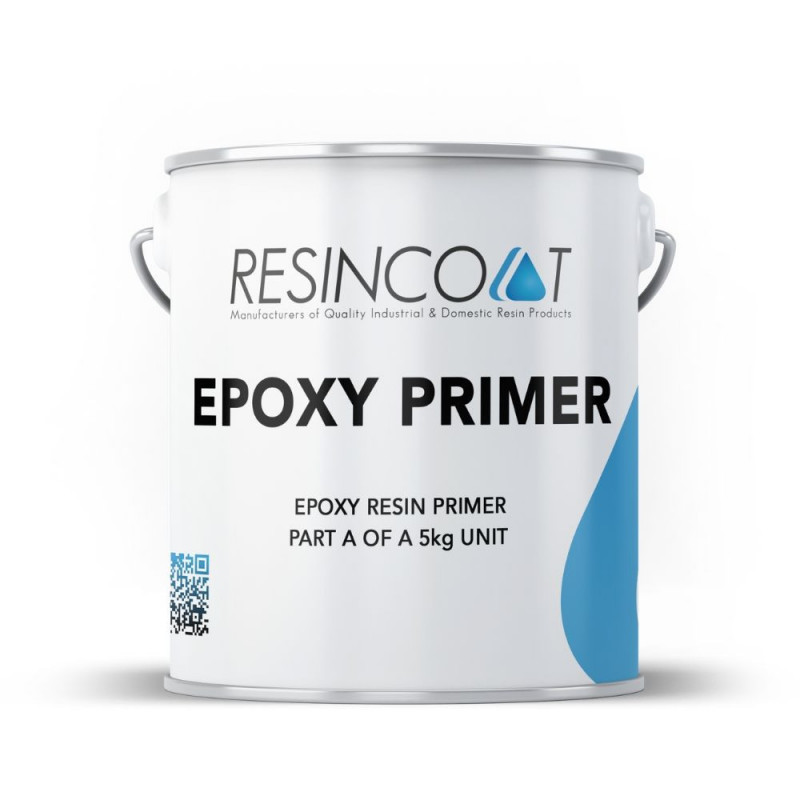
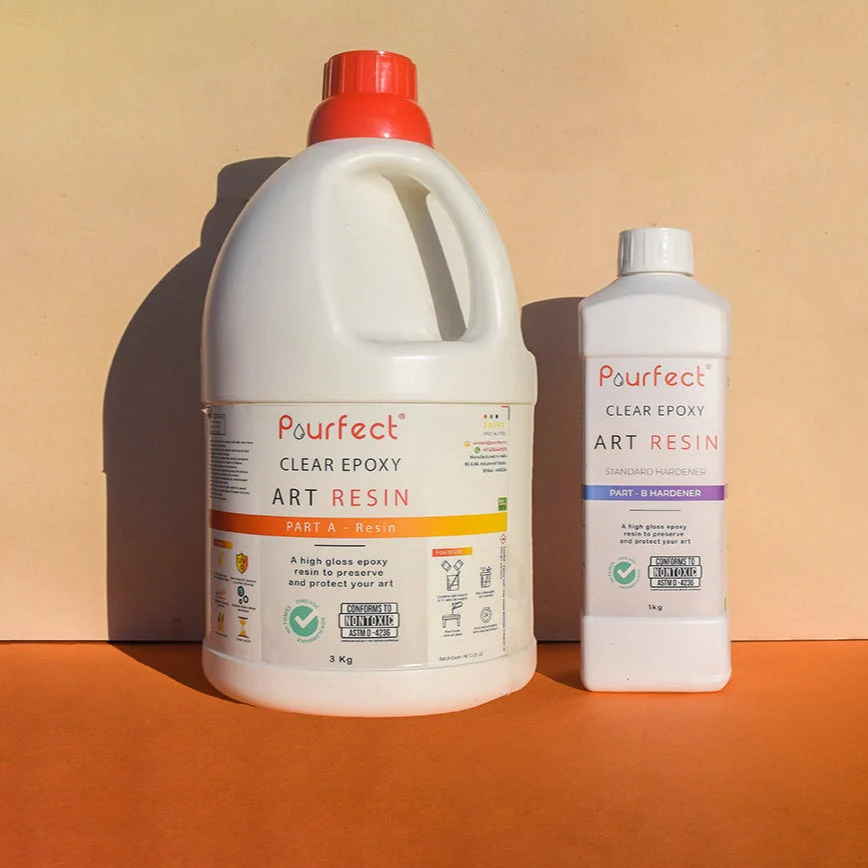
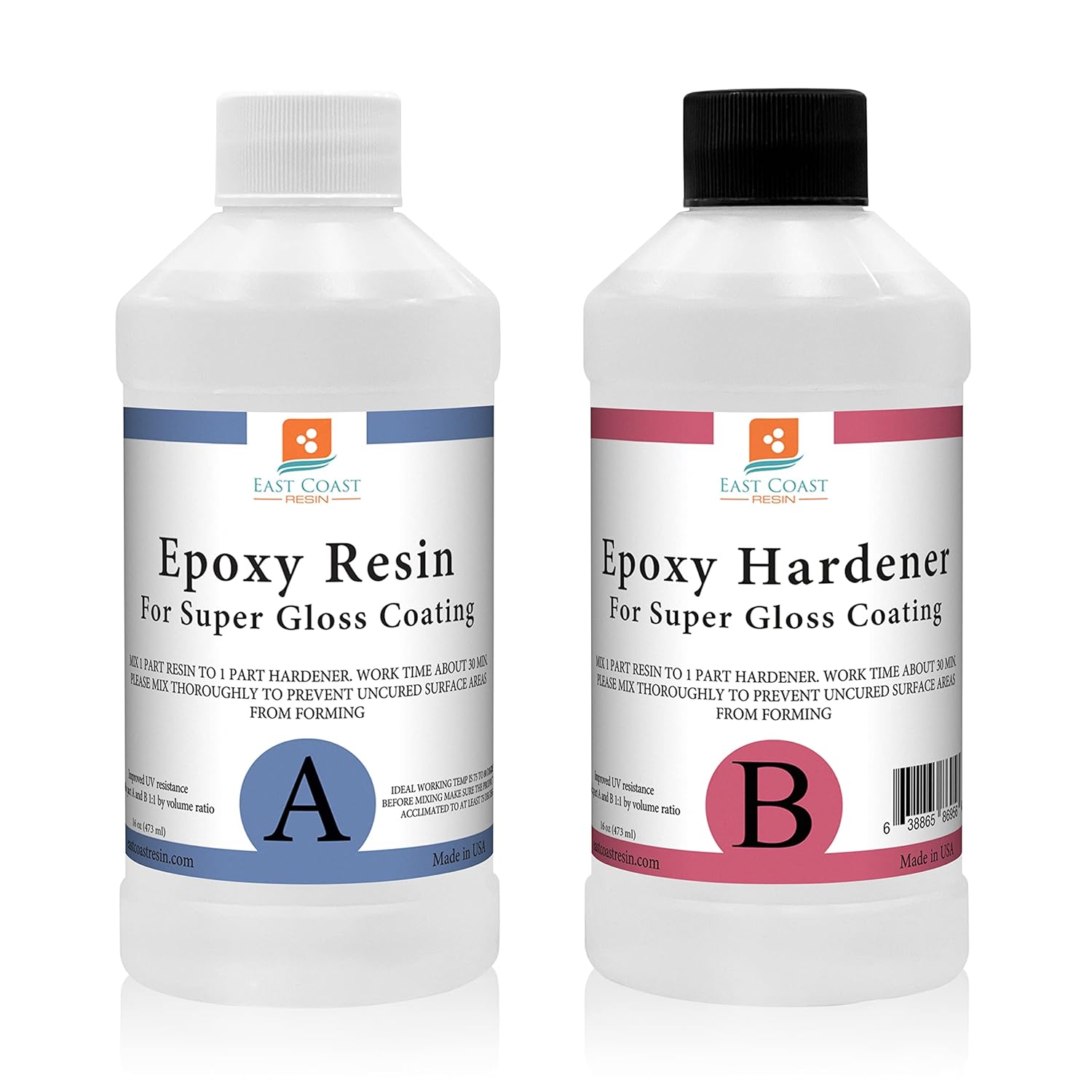

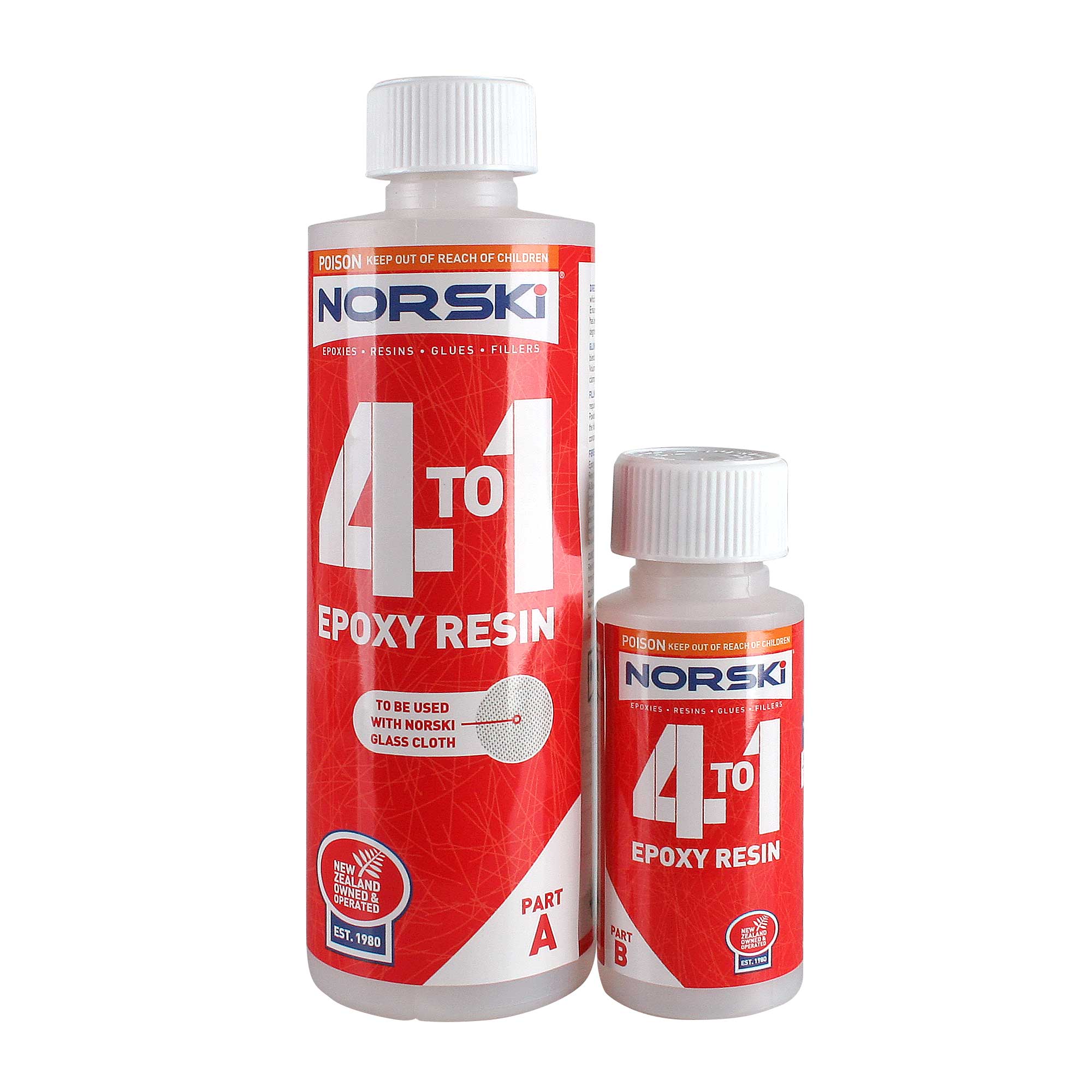
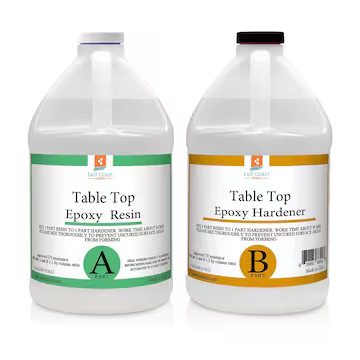
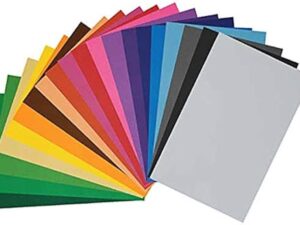
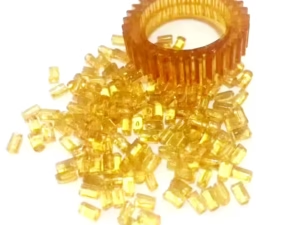
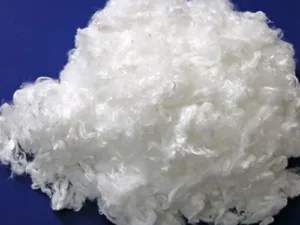
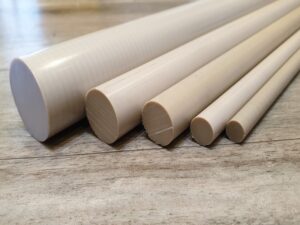
Reviews
There are no reviews yet.